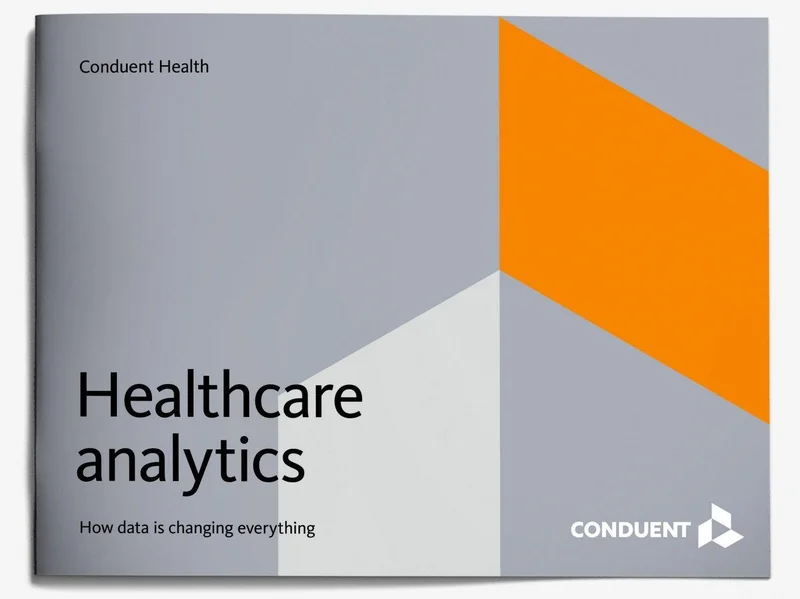Conduent: What's the deal?
Conduent's Data Breach: A $25 Million Price Tag, But What's the Real Cost?
Conduent Business Solutions recently put a number on their massive data breach: a cool $25 million in direct costs. That figure, dropped into their May 2025 first-quarter earnings report, is meant to provide a sense of closure, perhaps even control, over an incident that compromised the data of over 10 million individuals—to be precise, 10,515,849 patients. This wasn't just another breach; it was the largest healthcare data breach announced in 2025, cementing its place as the 8th largest in U.S. history. But anyone who’s spent five minutes looking at the true economics of these events knows that $25 million is likely just the down payment on a much, much larger bill.
Let's dissect the timeline. A "threat actor" got their hooks into Conduent’s network on October 21, 2024. They weren’t just peeking in; they maintained unauthorized access for almost three months, a silent ghost in the machine, until Conduent finally detected the intrusion and secured its systems on January 13, 2025. That’s 84 days of potential data exfiltration. Then came the wait. Conduent reported it to the SEC in April 2025, and notification letters to the nearly 10.5 million affected individuals didn't even begin to go out until October 2025. That’s a full year after initial access, and ten months post-detection. For a company that handles sensitive information for half of the Fortune 100 and 600 government agencies, this protracted timeline isn't just a procedural hiccup; it's a glaring red flag.
The Stated Cost Versus the Unseen Liabilities
Conduent, in its typical corporate cadence, stated that the incident had "no material impact on its operations." That’s a bold claim, especially when you consider the scope of the potential data loss: names, dates of birth, Social Security numbers, addresses, health insurance details, treatment information, and claims data. For millions of people, this isn't just a minor inconvenience; it's a roadmap for identity theft. I’ve looked at hundreds of these filings, and the disparity between stated costs and actual fallout rarely aligns. The $25 million includes things like forensic investigations and system hardening, sure, but it conveniently sidesteps the legal and reputational quagmire now engulfing them. It's like patching a small leak in a dam and declaring the river behind it perfectly safe, even as new cracks spiderweb across the concrete.
The legal system isn't buying the "no material impact" line. At least nine class action lawsuits have already piled up in New Jersey federal court, with more undoubtedly on the horizon, according to Lawsuits Mount Over 10.5 Million-Record Conduent Data Breach - The HIPAA Journal. These aren't just nuisance suits; they're alleging negligence, demanding jury trials, compensatory damages, and, critically, injunctive relief. We're talking about court orders to implement enhanced security measures and, perhaps most damning for Conduent's bottom line, provide identity theft protection services—potentially for a lifetime. Think about the actuarial cost of that for 10 million people. Conduent’s current stance of encouraging victims to pull free credit reports and put freezes on their credit feels less like robust protection and more like passing the buck. However, some of their clients, like Premera Blue Cross, are stepping up, offering two years of complimentary services. This highlights a fascinating, if grim, dynamic: the clients are often left to clean up the mess, or at least a portion of it.

Beyond the lawsuits, there's the looming shadow of regulatory scrutiny. State regulators, like those in Montana, are already digging into the nearly 10-month delay in notifying affected Blue Cross Blue Shield members. And then there's the HHS’ Office for Civil Rights (OCR), which has signaled a prioritization of high-impact incidents, particularly after the Change Healthcare debacle. While the Conduent incident hasn't appeared on the OCR breach portal yet (likely due to a government shutdown, which itself is a separate layer of operational risk), its absence is temporary. The OCR will want to know if Conduent met its HIPAA compliance obligations. What constitutes "appropriate cybersecurity measures" in the eyes of federal regulators when 8.5 terabytes of data were allegedly threatened by the Safepay ransomware group? This isn't just a slap on the wrist; these investigations can lead to significant fines and mandated, costly overhauls, as reported by Lawsuits, Investigations Piling Up in Conduent Hack - Bank Info Security.
The Human Element and Future Implications
Here’s the part that truly gets under my skin. We talk about "individuals affected," but each of those 10,515,849 numbers represents a person who now has to live with the knowledge that their most sensitive information is potentially floating around in the digital ether. Imagine the collective sigh of dread, the frantic calls, the hours spent trying to secure what should have been secure from the start. How do you quantify the emotional toll, the lost productivity, the constant vigilance required for years to come? Conduent claims there's "no evidence of any attempted or actual misuse," which is a common post-breach refrain. But that's a statement about what they know, not what is. The data is out there, or it was. The opportunity for misuse persists indefinitely.
So, while Conduent posts a $25 million direct cost, we have to ask: What's the multiplier for the legal settlements, the regulatory fines, the reputational damage that could cost them future contracts with Fortune 100 companies and government agencies? What's the long-term impact on their stock price once the market fully prices in these contingent liabilities? And perhaps most importantly, what does this incident teach us about the true cost of outsourcing critical, sensitive data management to companies that may not be adequately prepared for the inevitable cyber onslaught?
The Bill Comes Due, Eventually
Tags: conduent
SCHD Analysis for November 10, 2025: What the Data Is Actually Telling Us
Next PostOutback Steakhouse: Unlocking Its Future Potential
Related Articles
